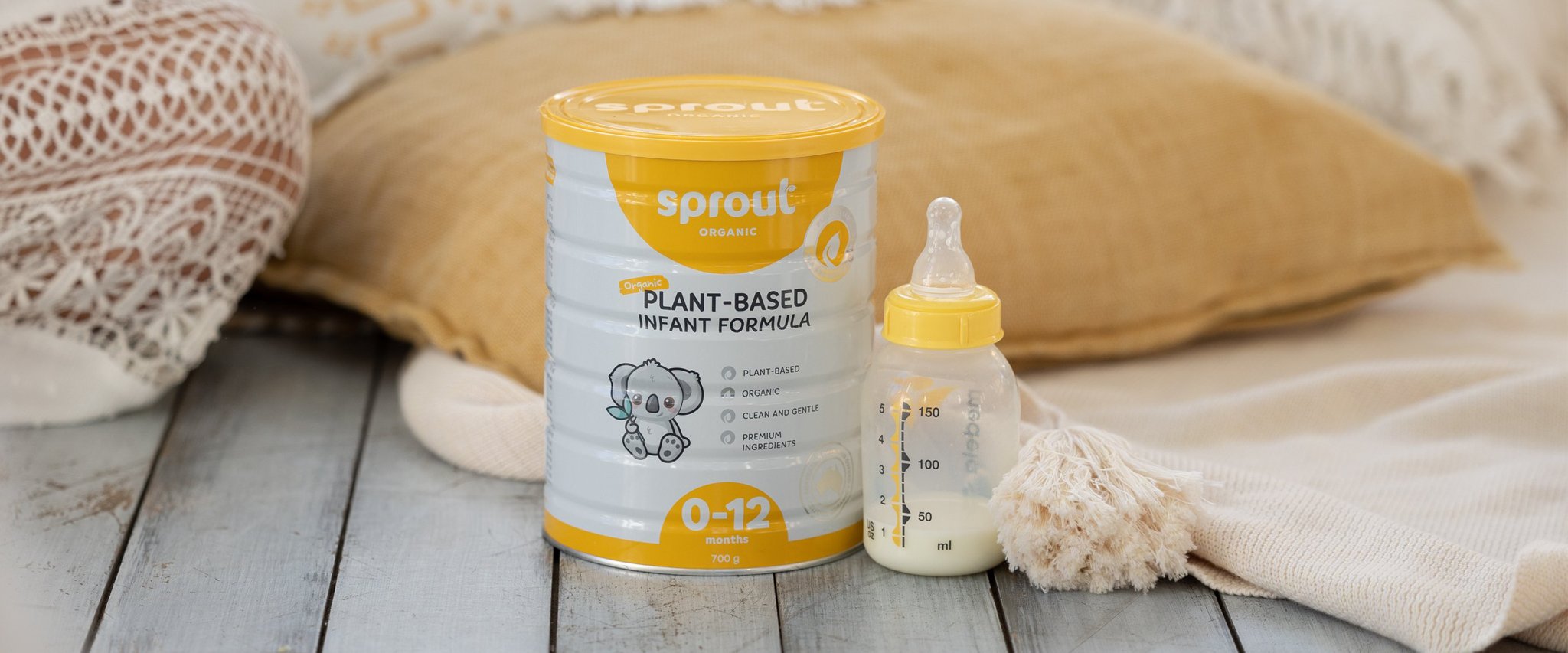The ins and outs about plant protein
Protein is critical for growth, development, and health. The most common question that plant-based families get asked, especially when referring to children, is: “Where do they get their protein from?”
Protein is certainly an important part of your family’s diet and understanding what protein does and the best plant sources of protein will help make sure everyone in your family is meeting their protein needs.
What is protein?
Protein is a component of every cell in your body, including your nails and hair. It’s used to build and repair muscles and tissues, as well as to make enzymes and hormones, and as a building block of bones, cartilage, skin, and blood.
So, not surprisingly, we need protein to survive and grow properly.
Why plant protein?
People don’t eat single nutrients, they consume the whole food. When consuming plant-based proteins, from whole foods especially, people also receive other beneficial compounds.
One specific benefit of plant-based proteins is they contain fibre. Many people, especially children, find it challenging to consume enough fibre but it’s essential for good health. Most children in Western countries do not meet the minimum intake recommendations for fibre. However, plant-based protein is an easy solution as many of these sources contain a healthy dose of fibre.
Many plant-based proteins also contain essential minerals such as iron and zinc. Some also offer the benefits of containing omega-3s (walnuts, chia/hemp/ground flax seeds, soybeans) and calcium (tofu).

How much protein do you need?
The DRI (Dietary Reference Intake) is 0.8 grams of protein per kilogram of body weight or 0.36 grams per pound.
Even at a fairly conservative number, this equates to about 56 grams of protein per day for the average adult man, and 46 grams for the average adult woman. A little more is needed for active lifestyles or someone with a wound that needs healing.
As for babies and young kids, the DRI for protein are as follows:
- 0-6 months: 9 grams/day
- 6-12 months: 11 grams/day
- 1-3 years: 13 grams/day
- 4-8 years: 19 grams/day
- 9-13 years: 34 grams/day
Tips to reach daily protein needs
If you’re reading this article, you have likely tried almost every way imaginable to get your child to eat a myriad of foods to meet their daily nutritional requirements. However - kids being kids - sometimes they just won’t take to things no matter how much you try! Our favourite protein-rich plant-based foods are as follows:
- Whole soy foods like tofu, tempeh, and edamame
- Legumes, including beans, peas, and lentils
- Nuts, seeds and their butters
- Veggie patties (pea protein-based)
- Whole grains like quinoa, whole-wheat pasta and oatmeal
- Hummus

Whilst it’s great in theory that your child will get their proteins from these sources, the reality is that they may only take to one or two of these food choices. If this is the case and you are concerned about your child’s daily protein intake, then the Sprout Organic Junior Plant Protein Shake is the perfect addition to their daily diet. Loaded with organic whole food protein and a broad cross-section of essential vitamins and minerals from fruits and vegetables, this all-in-one nutritional shake is packed with goodness to ensure your little one is getting all the nutrients they need for optimal growth and development.






Leave a comment